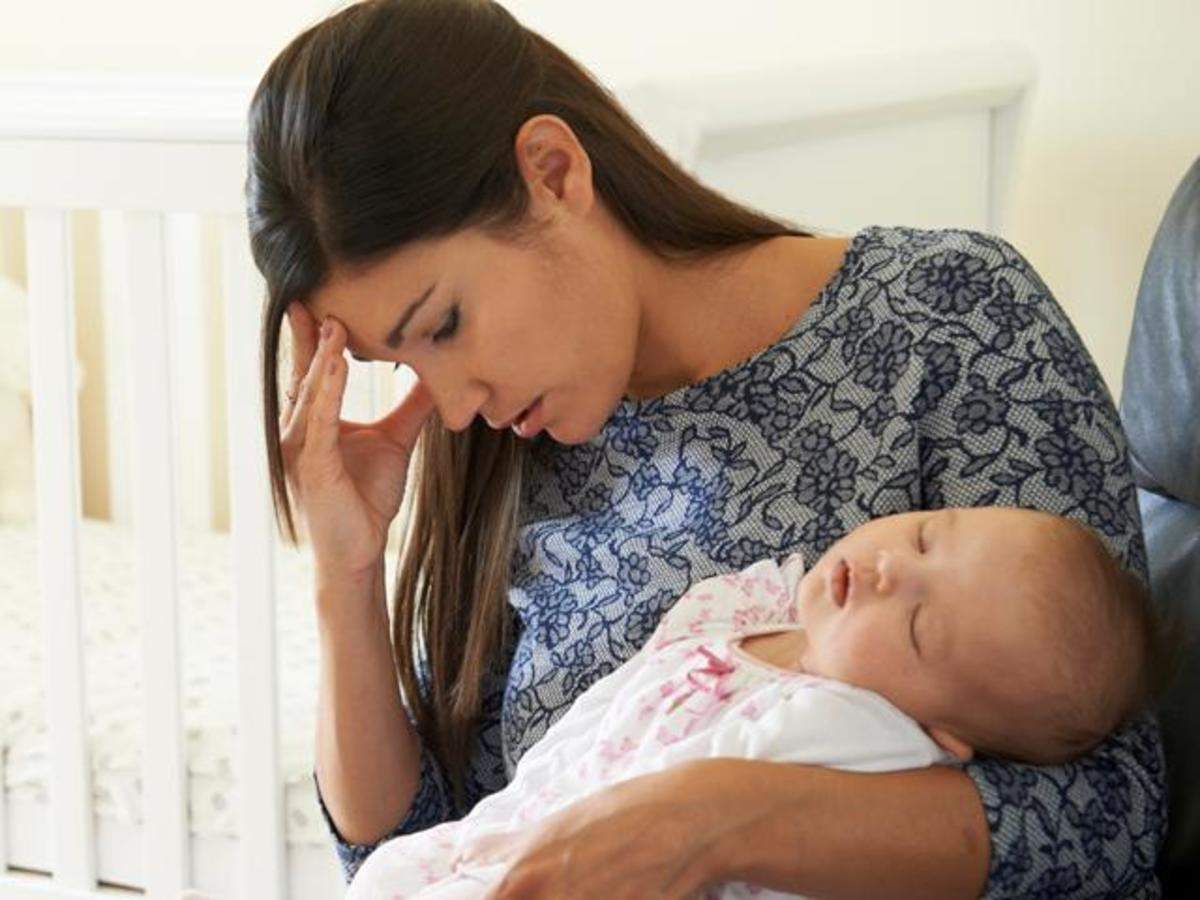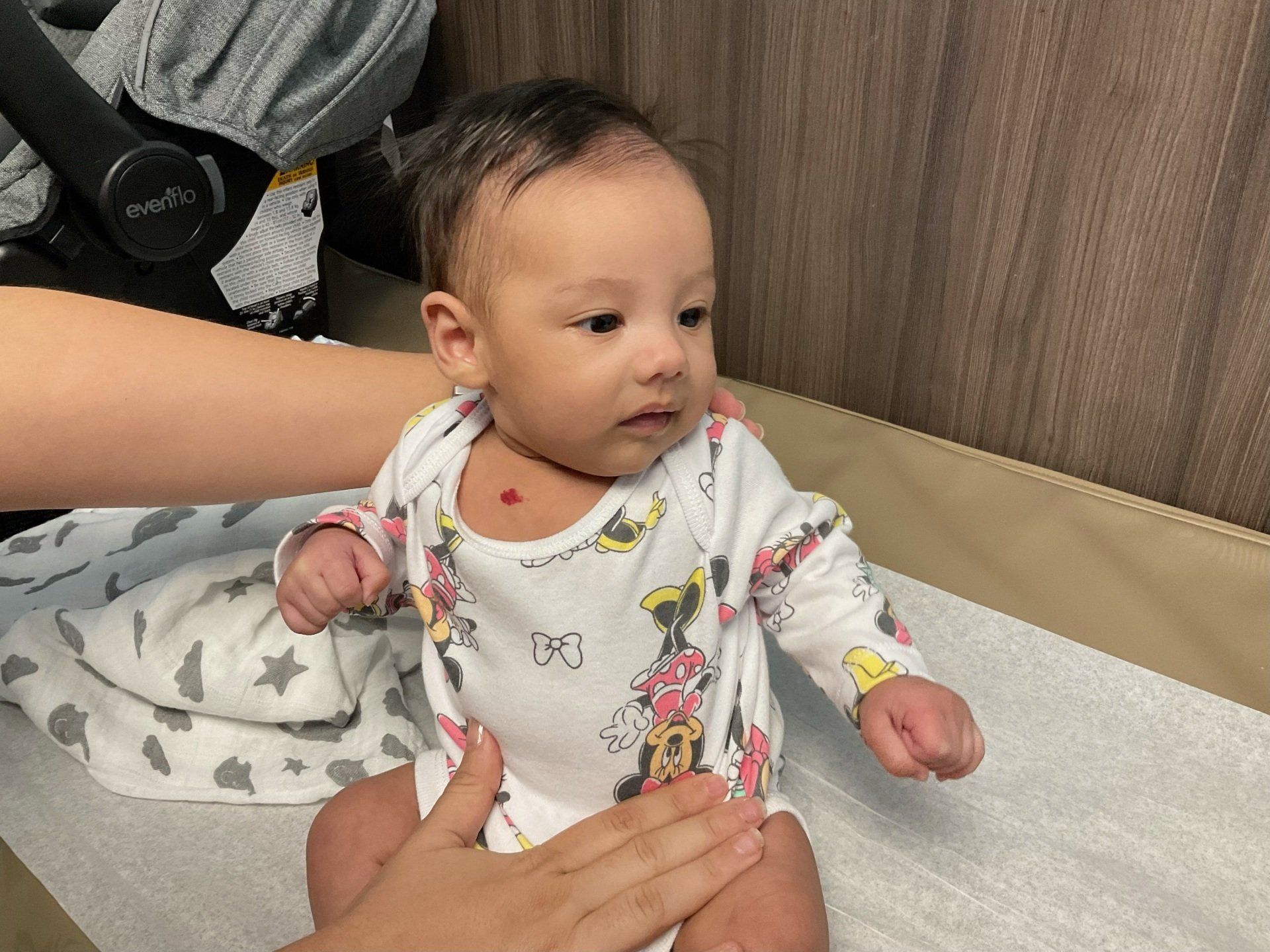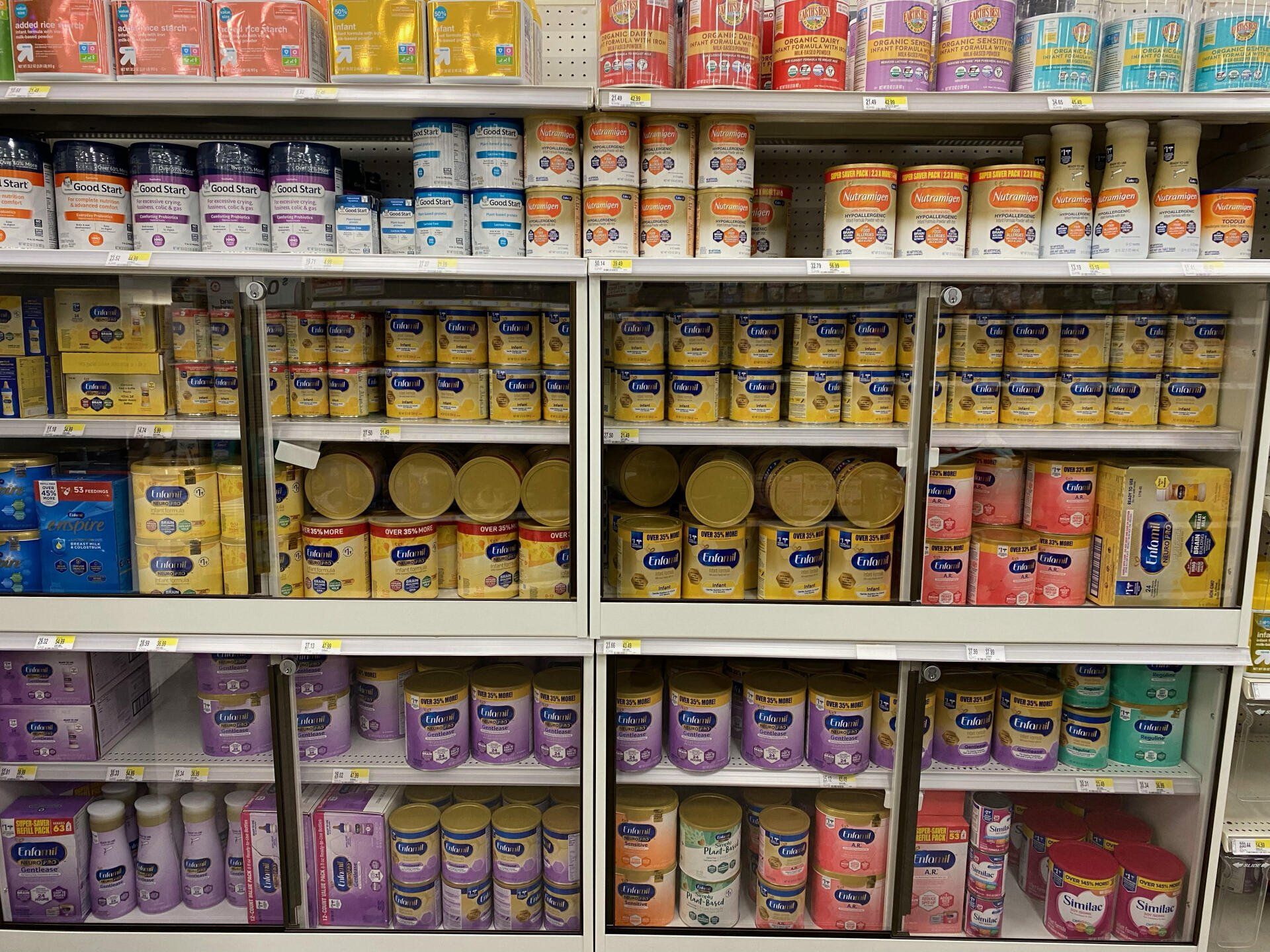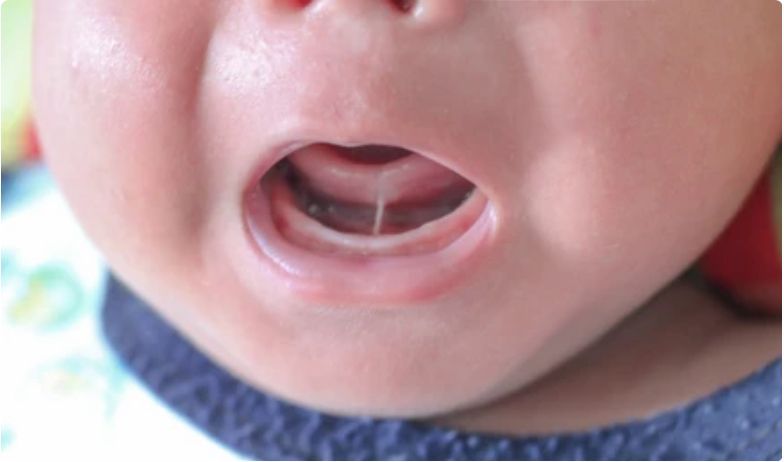Caring For Moms With Postpartum Mood Disorders

Postpartum mood disorders are common medical conditions that can significantly impact the heath, well-being, and connection of mothers, infants, and their families. They are also a leading cause of maternal mortality in the USA. The acronym used to encompass postpartum mood disorders is PMADs, short for postpartum mood and anxiety disorders, though they include a whole spectrum of postpartum mood disorders. These include postpartum depression (low mood, sadness, feelings of helplessness and hopelessness); postpartum anxiety (constant worrying, intrusive thoughts, inability to turn off the constant chatter in the mind); postpartum obsessive compulsive disorder (OCD)(obsessive/unwanted thoughts and fears, ritualistic behavior, avoidance of triggering stimuli); postpartum post-traumatic stress disorder (PTSD)(tension, sleep disorder, flashbacks of a traumatic event regarding pregnancy/pregnancy loss/childbirth/neonatal death); and postpartum psychosis (delusions, hallucinations, paranoia, suicidal or homicidal thoughts). PMADs are estimated to affect up to 25% of all moms and birthing parents, making it the most common under-diagnosed complication of pregnancy. In the height of the COVID-19 pandemic, up to 40% of moms and birthing parents met the criteria for a postpartum mood disorder. PMADs disproportionately affect moms of color and those living in poverty (up to 50%). LGBTQIA+ moms and birthing parents are also at a higher risk for developing a PMAD.
PMADs can occur with the onset of delivery or anytime within the first four months of delivery, and last a year or longer. Risk factors for the development of PMADs are a personal history of anxiety or depression, young maternal age, social isolation and lack of support, financial stress, previous pregnancy complication or loss, traumatic birth, partner-related stress, substance abuse, negative early breastfeeding experiences, and family history of postpartum mood disorder. It is normal for most new moms to transiently experience “postpartum blues,” a brief period after delivery characterized by emotional lability, exhaustion, weight loss, anxiety, intrusive thoughts, trouble sleeping, loss of interest in usual activities, and low mood. PMADs must be considered and addressed when these symptoms occur daily, persist longer than a few weeks after delivery, and cause significant impairment in function.
PMADs can impact bonding between mother/birthing parent and infant. PMADs can interfere with breastfeeding and all forms of nourishing the infant. Lack of maternal interest, attention and attachment due to PMADs can result in safety issues for the infant, as well as emotional deprivation, poor behavioral regulation, failure to thrive, sleep disorders, developmental delay, increased risk of abuse and neglect, and subsequent mood disorders in their later childhood, adolescent and adult lives. Paternal PMADs are also of note, affecting up to 15% of dads in the first 6 months following delivery. Paternal PMADs may present differently, with substance abuse, domestic violence, and compulsive behaviors. Paternal PMADs can significantly impact relationships with their partners, and increase the risk of developmental, behavioral and psychiatric disorders in their children. It is so important that postpartum mood disorders be identified and addressed in all affected parents.
Screening for PMADs can be instituted during visits to the pediatrician and the OB-GYN. Since the first OB-GYN visit is generally not until 6-8 weeks postpartum, pediatricians are in a unique situation to screen for maternal PMADs at the 1 month well-child check. The 10-question Edinburgh Postnatal Depression Scale (EPDS) is the validated screening tool most commonly used, and available in many languages. A score of 10 or higher raises the concern of a PMAD and ought to trigger referral to resources for support, diagnosis and treatment. A score of 20 or higher raises the concern of severe depression or psychosis and ought to trigger immediate referral for an emergency psychiatric evaluation. As already discussed, there are significant consequences to mom, infant, and their family if PMADs are left untreated.
Despite the consequences of untreated PMADs and the presence of a range of options for effective therapy and treatment, most mothers/birthing parents with postpartum depression and anxiety do not seek treatment. There are many factors at play, including moms not recognizing what they are feeling is common and normal; the stigma of mental illness, particularly maternal mental illness; social isolation with COVID; the societal expectation that being a new mom is a happy, joyful experience, and the guilt/shame many moms feel when they are having a different experience; the fear that admitting thoughts/feelings of postpartum depression or anxiety could lead to the baby being taken away from the mom. Screening for perinatal and postpartum depression normalizes these conditions, illuminates their prevalence and their importance. Yet the great majority of moms suffering from PMADs fail to be screened and diagnosed, and are thus left untreated.
Treatment for PMADs includes home visits, emotional support groups, exercise, relaxation techniques, psychotherapy, natural treatments like fish oil, and pharmacological therapy when indicated. In moderate to severe postpartum depression and anxiety, the benefit of using medication far outweighs any risk to the baby while breastfeeding. Treating PMADs with appropriate medication is generally safe for the baby and does not preclude breastfeeding. Medications most often used to treat postpartum depression and anxiety are SSRIs, which block serotonin reuptake, increasing the level and availability of this “happy hormone” at the nerve synapse, improving the symptoms of depression, anxiety and OCD. Sertraline (Zoloft) is the best SSRI for breastfeeding moms, as it has the lowest concentration in breast milk and thus the lowest risk for side effects in the infant (restlessness, irritability, colic, poor feeding). SNRIs like duloxetine (Cymbalta) block the reuptake of norepinephrine at the nerve synapse: they are another option in the safe, effective treatment of PMADs. When treatment of the mother requires medication that is unsafe while breastfeeding, other feeding options should be explored, as the health and well-being of the mother must be the first priority.
Postpartum psychosis is a rare but serious PMAD, occurring in approximately 1/1000 deliveries. Moms and birthing parents with postpartum psychosis may demonstrate wide mood swings, irritability, paranoia, hallucinations, delusions, and suicidal or homicidal thoughts, placing them and their babies at risk for harm. Risk factors include personal and family history of bipolar depression and schizoaffective disorder. Hormonal shifts, sleep deprivation, environmental stress, and stopping mod-stabilizing medications are believed to be contributing factors. Postpartum psychosis is a medical emergency, often requiring hospitalization for stabilization and treatment.
We are here for you. If you have concerns about postpartum depression or anxiety and its impact on your ability to care for yourself and your child, reach out on the portal or schedule an appointment to come see us in the office. Here are some additional resources and community partners that serve our moms and birthing parents with postpartum mood disorders:
Psychiatry/Women’s Health Dr. Nicole Derish. www.derishmd.com. 786-471-6132
Therapy/Women’s Health Dr. Laura Meyer www.expeditionsinmotherhood.com
954-884-0050
Therapy/Maternal Mental Health Dr. KC Charette 561-617-3323
Therapy/Women’s Health Karyn Rosenberg, LCSW, PMH-C 561-306-0232
Therapy/Maternal Mental Health Sarah Hendin, LMHC 561-542-4709
Therapy/Women’s Health Laura Kreisler, LCSW 561-376-0164
Broward Health Coral Springs Postpartum Support Group Contact Lisa Hayes
954-346-4260 or Barbara Bolinsky 954-344-2229
Holding Space for New Mamas Support Group 786-829-5950
Broward Healthy Start Coalition. www.browardhsc.org. Call Connect 954-567-7174
Healthy Mothers, Healthy Babies Coalition: Mothers Overcoming Maternal Stress
(M.O.M.S.) www.hmhbbroward.org. 954-765-0550 ext.331
www.themotherhoodcenter.com 212-335-0034
Postpartum Support International PSI. www.postpartum.net 1-800-944-4773 or
text “Help” to 800-944-4773
SAMHSA 24/7 National Hotline: 800-662-HELP (4357)
www.2020mom.org. 310-955-1080
www.healthynewmoms.org 570-955-7821 or text HealthyMOMS to555888
www.postpartummen.com. 415-346-6719 DrWill@TheMensDoc.com
Early Steps www.Floridaearlysteps.com 954-712-0200
Henderson Behavioral Health www.hendersonbh.org 954-606-0911
24/7 Crisis 954-463-0911


























